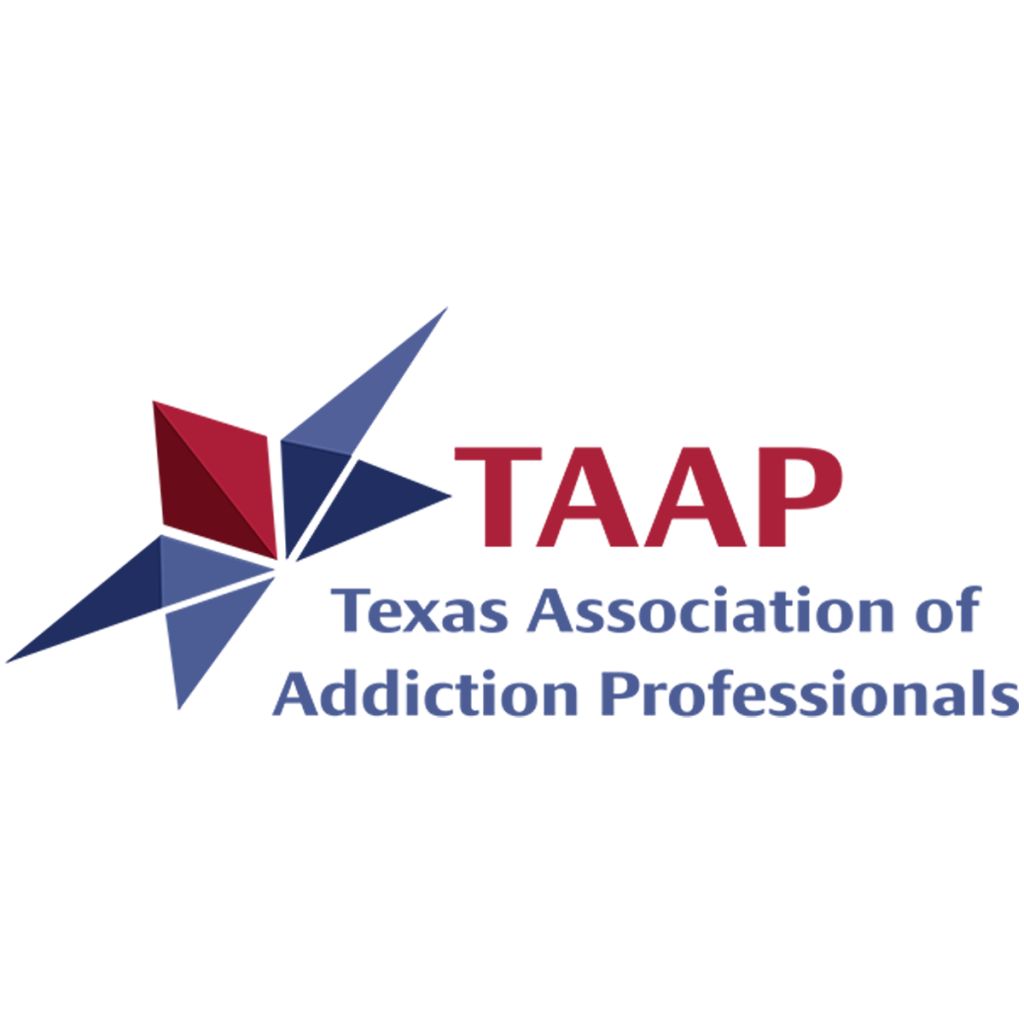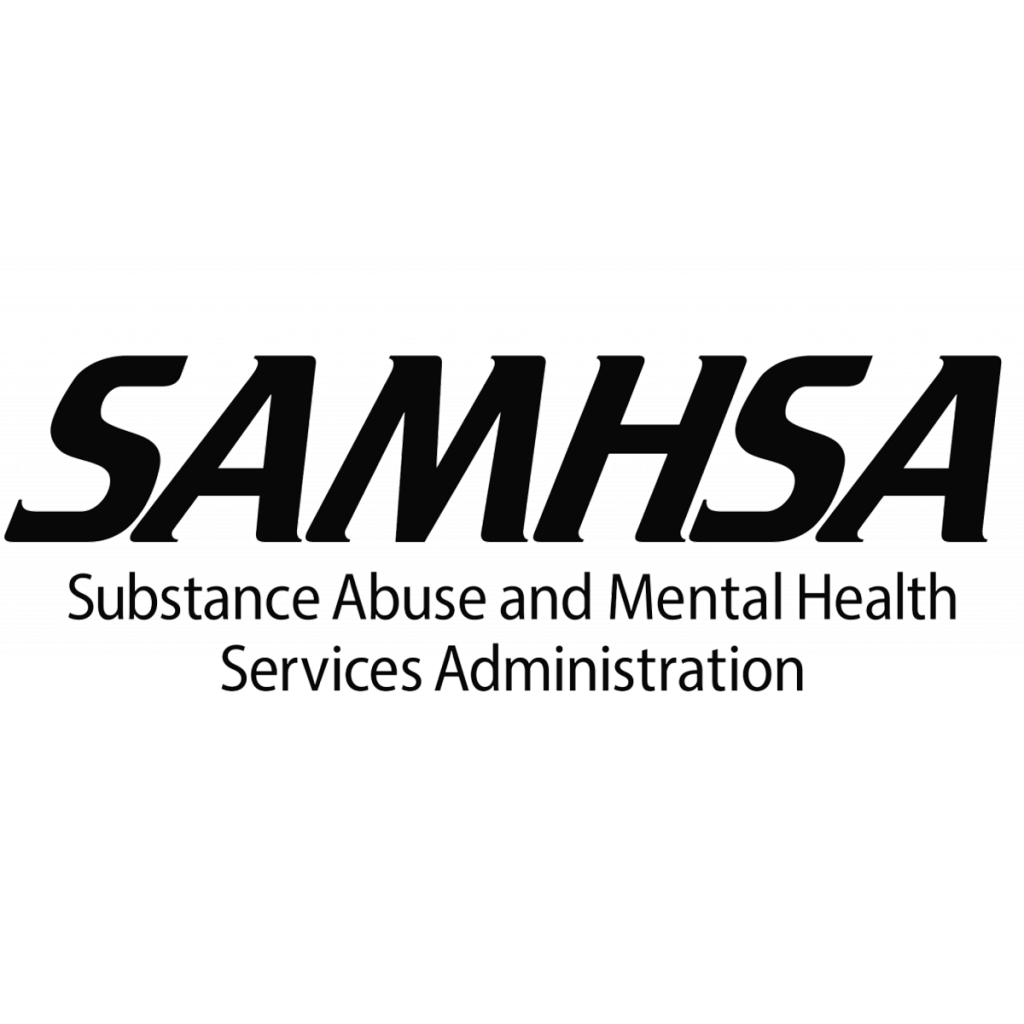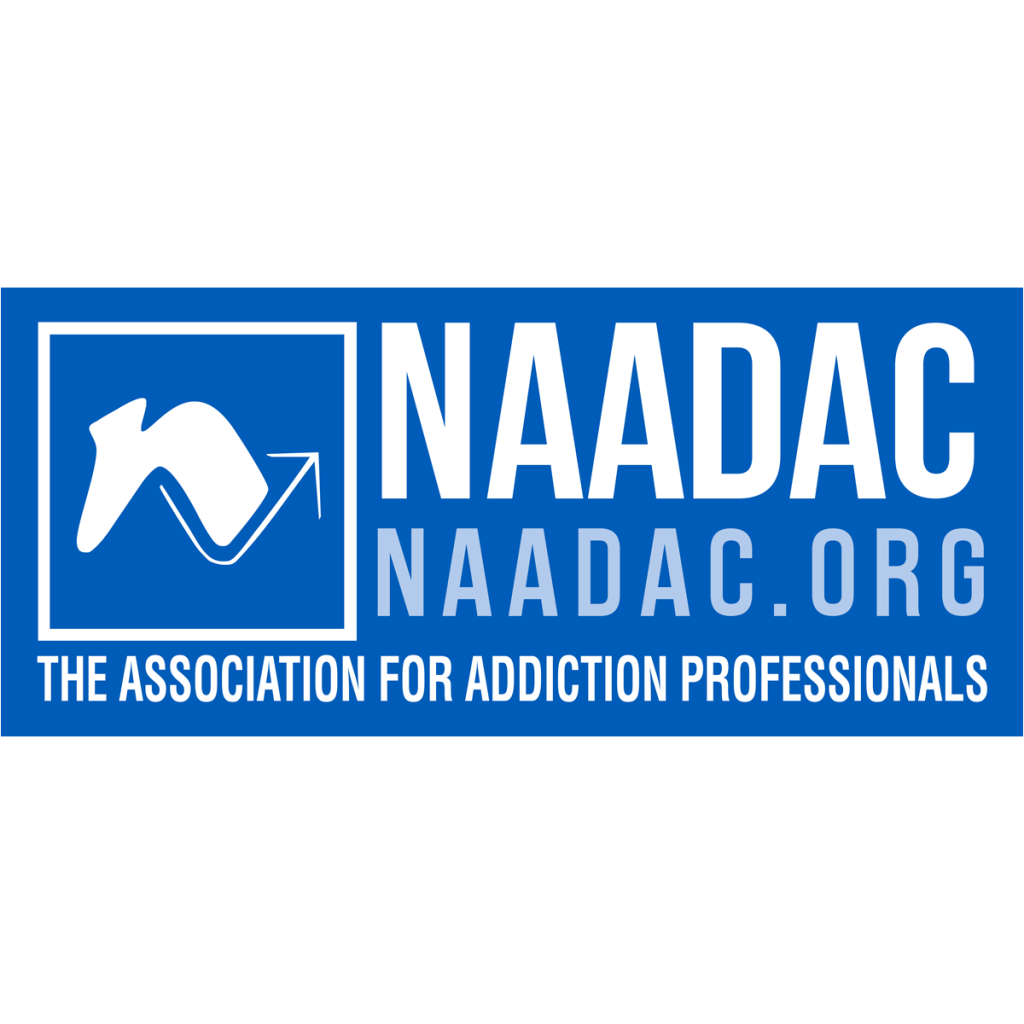Pentobarbital Addiction Treatment and Recovery
GET HELP TODAY!
100% Confidentiality Guaranteed


What Is Pentobarbital?
Pentobarbital is a fast-acting sedative that doctors prescribe before surgeries and for treating seizures in emergencies. In some cases, people use it for short-term help with insomnia.
While it can be helpful when used correctly, this drug is extremely addictive. People often misuse it, especially when mixing it with illegal drugs or alcohol. Using pentobarbital in these ways is a serious health issue and can lead to life threatening situations.
This drug slows down the brain by increasing the effects of a chemical called GABA. People sell it under names like Nembutal, Pentosol, Sopental, and Repocal. If used without medical guidance, it increases the risk of overdose, physical dependence, and drug addiction. Long-term abuse may require treatment at an addiction treatment center to help the person recover safely.


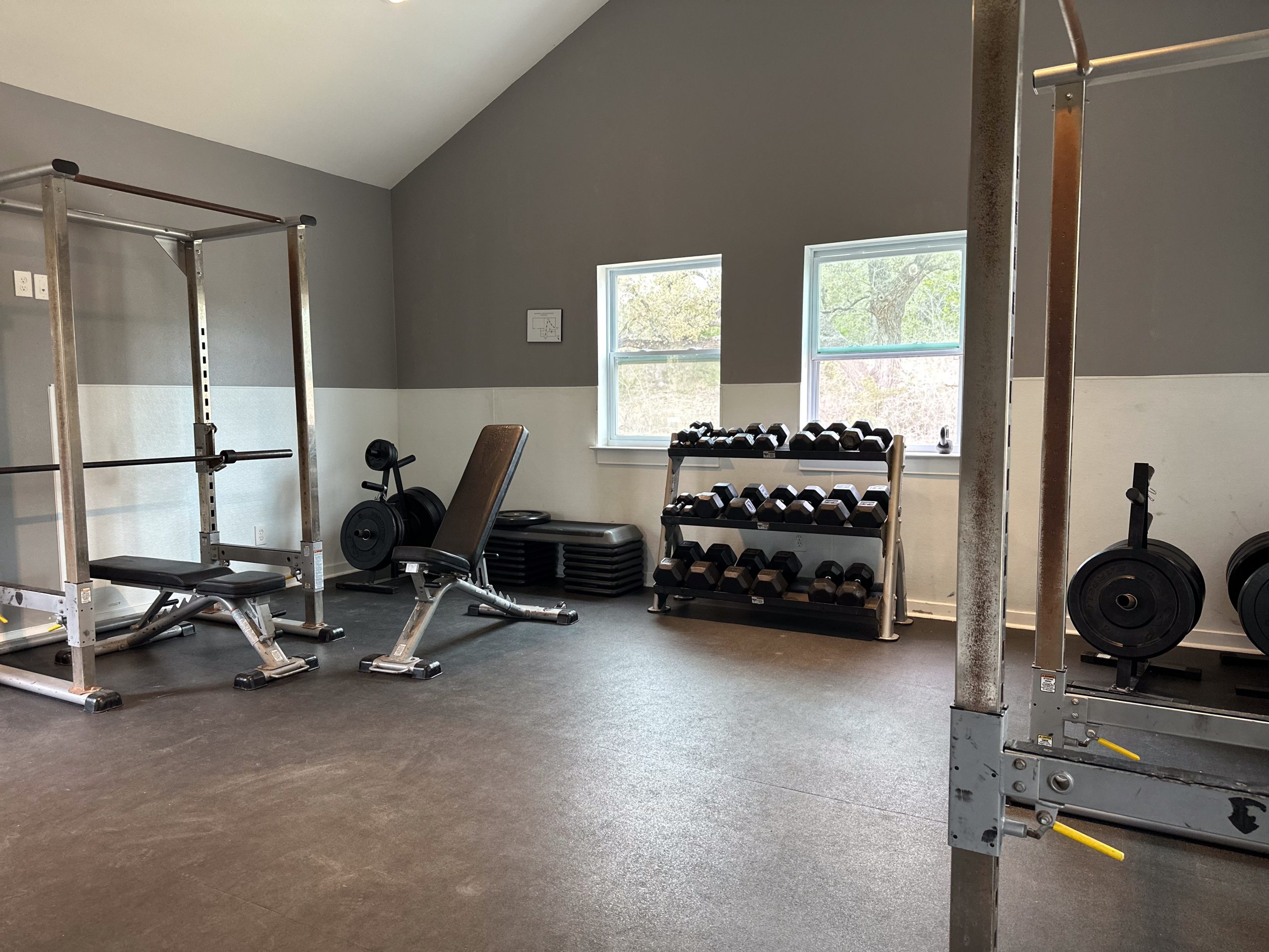

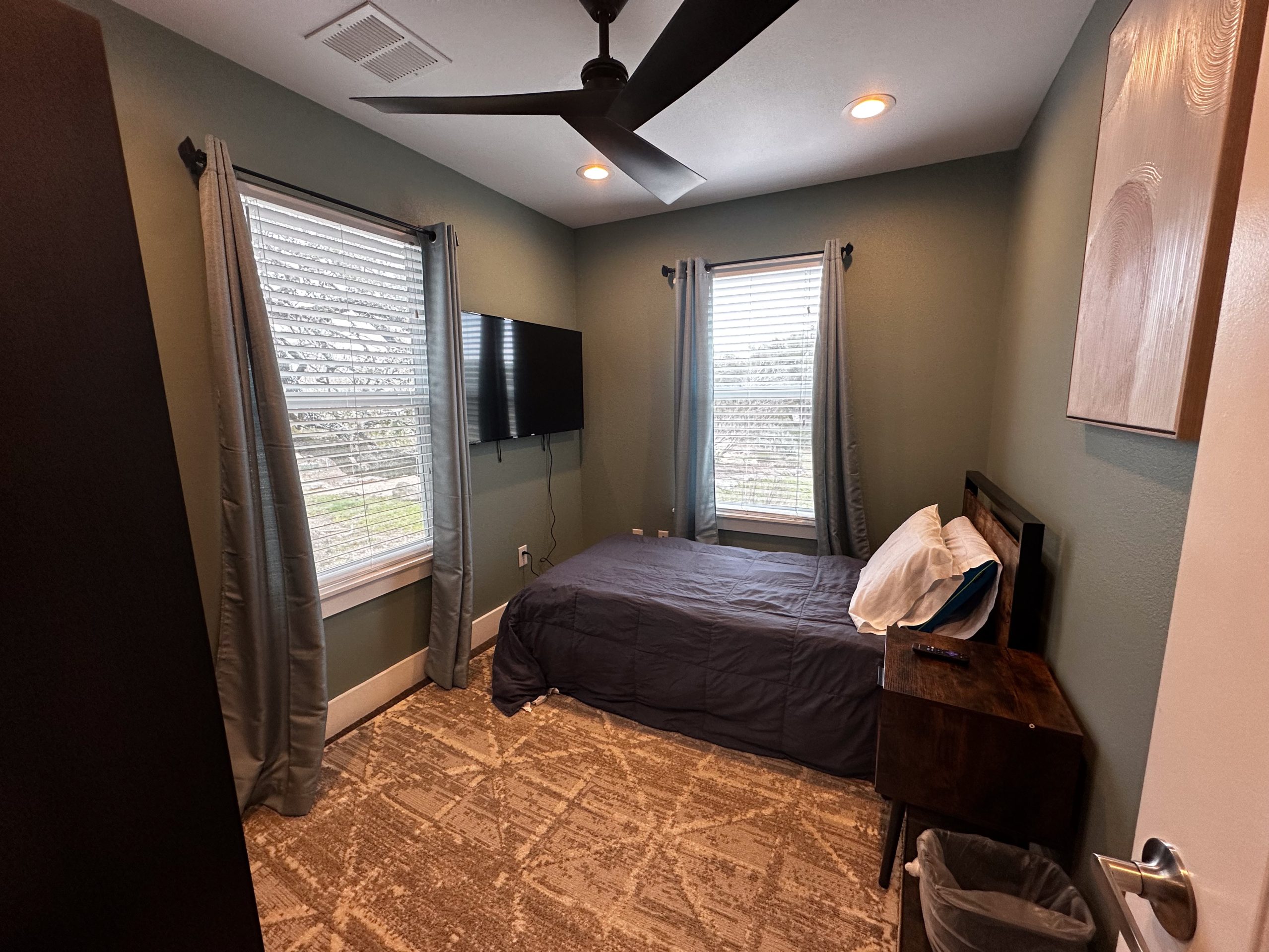





Street Names for Pentobarbital
People who misuse pentobarbital may refer to it using street names like Barbs, Phennies, or Yellow Jackets. These names often signal recreational or non-medical use.
How Common Is Pentobarbital Misuse?
Although doctors intend it for limited use in medical care, people often abuse pentobarbital. The National Institute on Drug Abuse reports that over 6 million people have misused sedatives. The institute on drug abuse also notes that barbiturate misuse can lead to long term dependency.
Misuse often involves swallowing pills or injecting the liquid form. These risky behaviors increase the chance of overdose. People often link them with the misuse of other drugs or alcohol.
People dealing with mental health issues, including post traumatic stress disorder, face higher risks. The combination of abuse and mental health concerns can make recovery more complicated and dangerous.
Side Effects of Misuse
Short-term side effects can include confusion, dizziness, slow thinking, memory problems, vomiting, and weak breathing. If used for a long time, the drug can cause liver and kidney damage, breathing problems, and even death. People with medical conditions like heart disease are at higher risk. In these cases, getting medical care quickly is crucial.
Signs of Overdose
Overdosing on pentobarbital is extremely dangerous. Symptoms may include slurred speech, clammy skin, enlarged pupils, rapid or weak heartbeat, confusion, and coma. These are life threatening symptoms that require emergency health care. Doctors and paramedics need to take quick action to prevent serious harm or death.
Signs of Addiction
Pentobarbital addiction can change many parts of a person’s daily life. You might notice mood swings, isolation from family members, poor hygiene, financial issues, or acting drunk without drinking alcohol. People with a history of drug addiction or mental health conditions are more likely to become addicted. Addiction lowers a person’s quality of life and harms their relationships and responsibilities.
Withdrawal Symptoms
When someone stops using pentobarbital suddenly, they may go through withdrawal. Common symptoms of withdrawal include seizures, shaking, insomnia, nausea, vomiting, anger, and anxiety.
These severe withdrawal symptoms can be life threatening. Because of this, it’s best to go through detox under medical supervision. People with mental health conditions need extra support during this time.
Withdrawal Timeline
Withdrawal symptoms usually start 8 to 12 hours after the last dose. They tend to peak within 1 to 3 days and can last for over a week. The length and severity of withdrawal can vary depending on the person’s health, how long they’ve used the drug, and other factors including mental health conditions. Some people experience lingering effects for several weeks.
Detox and the Recovery Process
Detox is the first step in treatment. A licensed addiction treatment center should complete it. Here, patients are monitored 24/7 by medical staff, mental health professionals, and social workers. They also receive medication management to ease symptoms.
Detox helps clear the drug from the body and prepares patients for the next steps in their recovery process. Behavior therapy can begin during this stage to help with emotional healing.
More Time. More Joy. More You. Start Now.
WE ACCEPT MOST INSURANCES







Rehab Program Options
After detox, patients usually enter a structured rehab program. These include inpatient drug rehab and outpatient drug rehab.
In an inpatient program, patients stay at the facility and get full-time care. Outpatient services allow patients to live at home while attending scheduled treatment sessions. Some patients benefit from a combination of inpatient and outpatient care, depending on their progress and needs.
Long - Term Drug Rehab and Levels of Care
People with serious addictions may need long-term drug rehab. These programs offer different levels of care to fit each patient. A good rehab program will have treatment plans made for each patient. We will include behavior therapy, support groups, and regular check-ins with counselors.
Studies show that people in treatment for longer periods have better success. These programs offer tools for preventing relapse and support for long term recovery. They also help improve access to ongoing health care.
Sober Living and Aftercare
After rehab, many people benefit from living in sober living homes. These sober living programs provide structure and support while people return to normal life. They include curfews, chores, and random drug testing.
Programs offer life skills training, support groups, and peer mentoring. People often link sober living homes with outpatient services to ensure continuous care.
Freedom Starts Here. Take Back Your Life Today.
Same-Day Admissions in Austin Available.
Paying for Treatment
The cost of treatment and the length of stay will vary depending on the program and the services offered. Many treatment centers provide payment options to help people get the care they need. Programs offer sliding scale fees, financing, and help with insurance. Comprehensive care often includes access to mental health professionals, medication management, and outpatient services.
Moving Forward with Recovery
Pentobarbital addiction is a dangerous condition, but recovery is possible. With detox, therapy, and long-term support, people can take back control of their lives.
A good addiction treatment center will guide patients through every part of the recovery journey. With the right treatment plans, support groups, and levels of care, individuals can rebuild their quality of life. Recovery may take time and effort, but with the right help, long term recovery is within reach.



